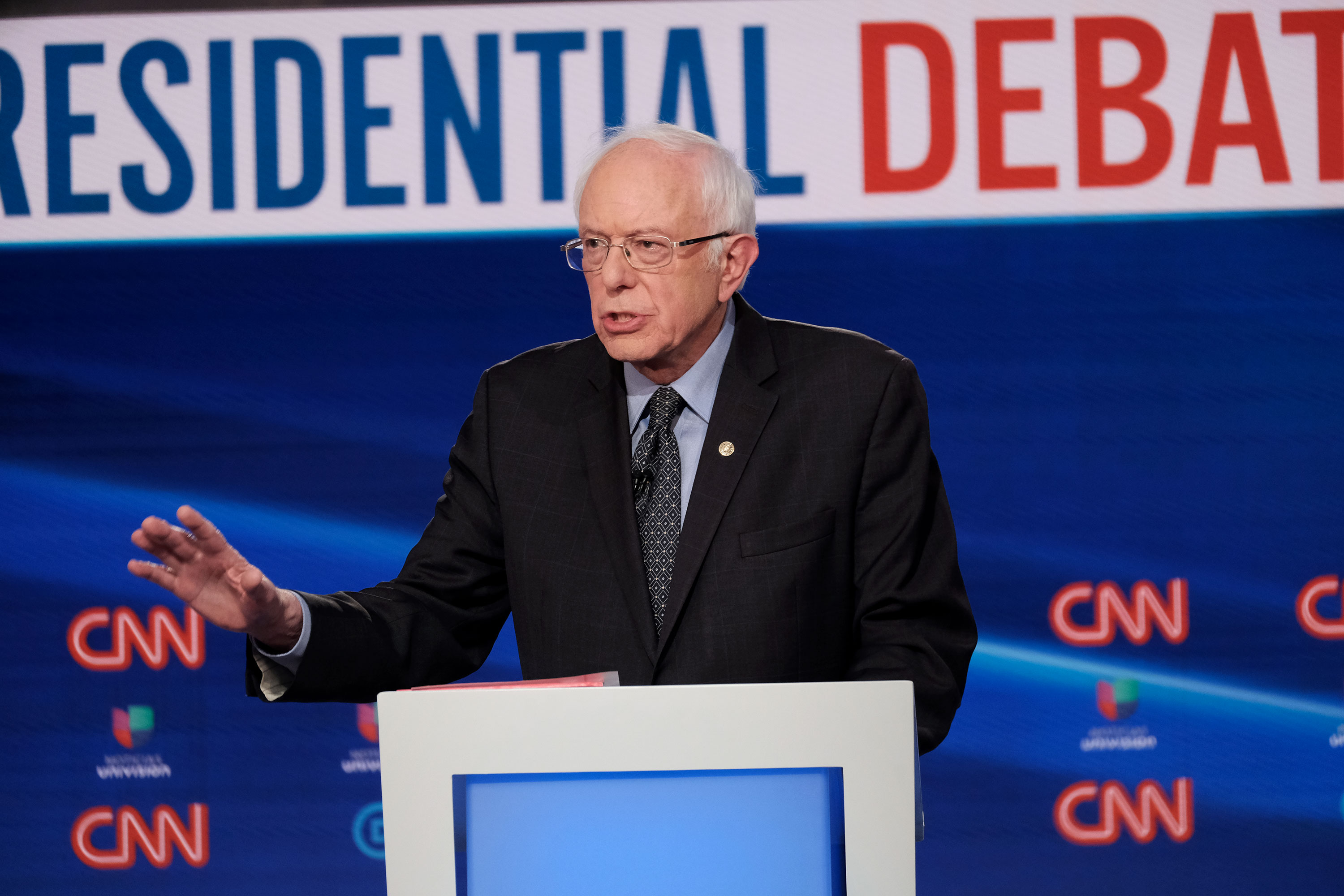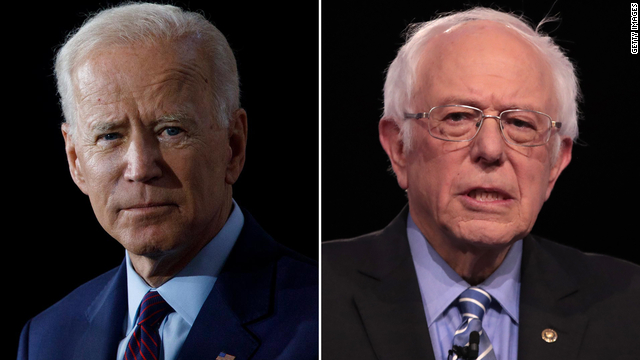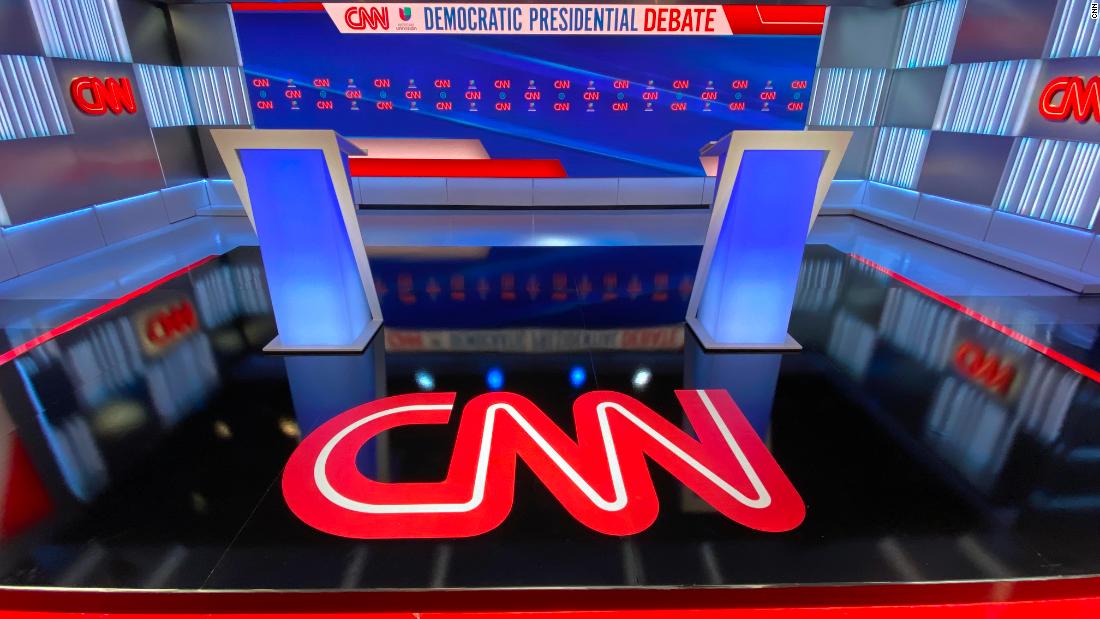
Bernie Sanders said tonight that the first step to tackling the spread of coronavirus — whether he becomes president or not — would be to “shut this President up right now.”
“First thing we have got to do, whether or not I’m president, is to shut this President up right now, because he’s undermining the doctors and the scientists who are trying to help the American people,” Sanders said. “It is unacceptable for him to be blabbering with un-factual information, which if confusing the general public.”
Democrats have faulted President Trump’s response to coronavirus, blaming him for downplaying the impact the virus may have while his scientific advisers have outlined the widespread implications the virus could have on life in America.
Sanders said he believes the government needs to move “aggressive” to make sure everybody in this country “understands that when they get sick with the coronavirus … that all payments will be made.”
“They don't have to worry about coming up with money for testing,” he said. “They don't have to worry about coming up with money for treatment.”
He added: “Do not worry about the cost right now. Because we're in the middle of a national emergency."
Watch:





